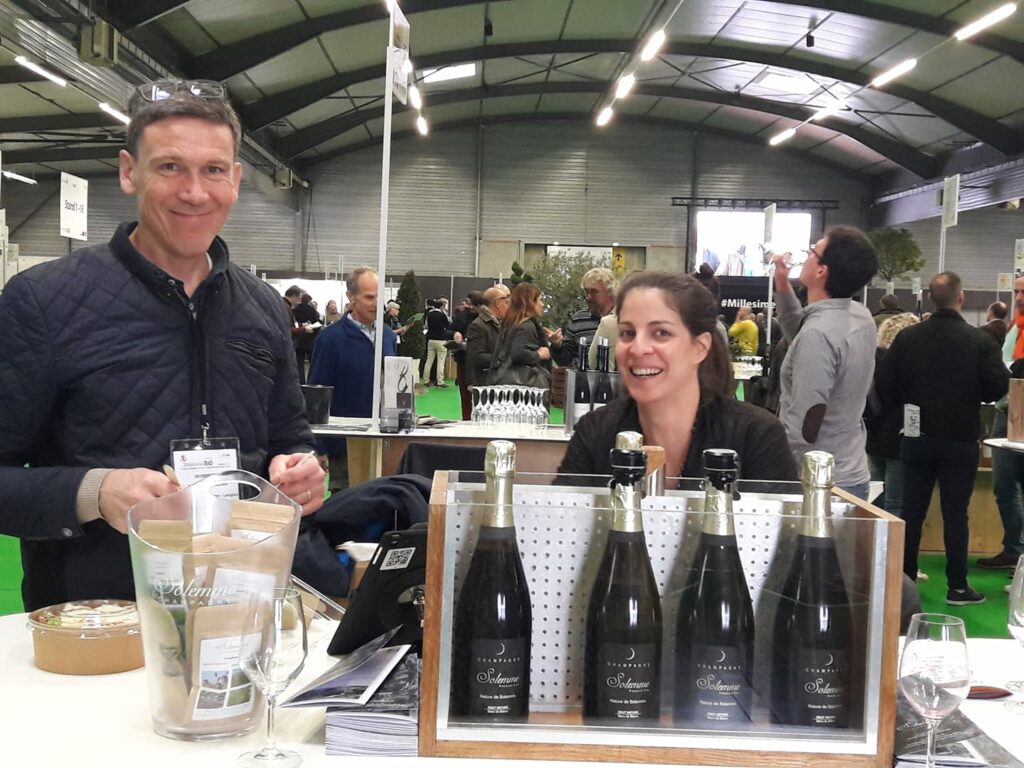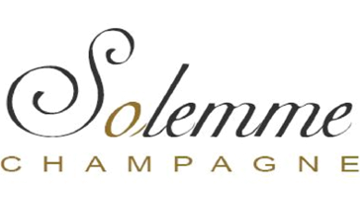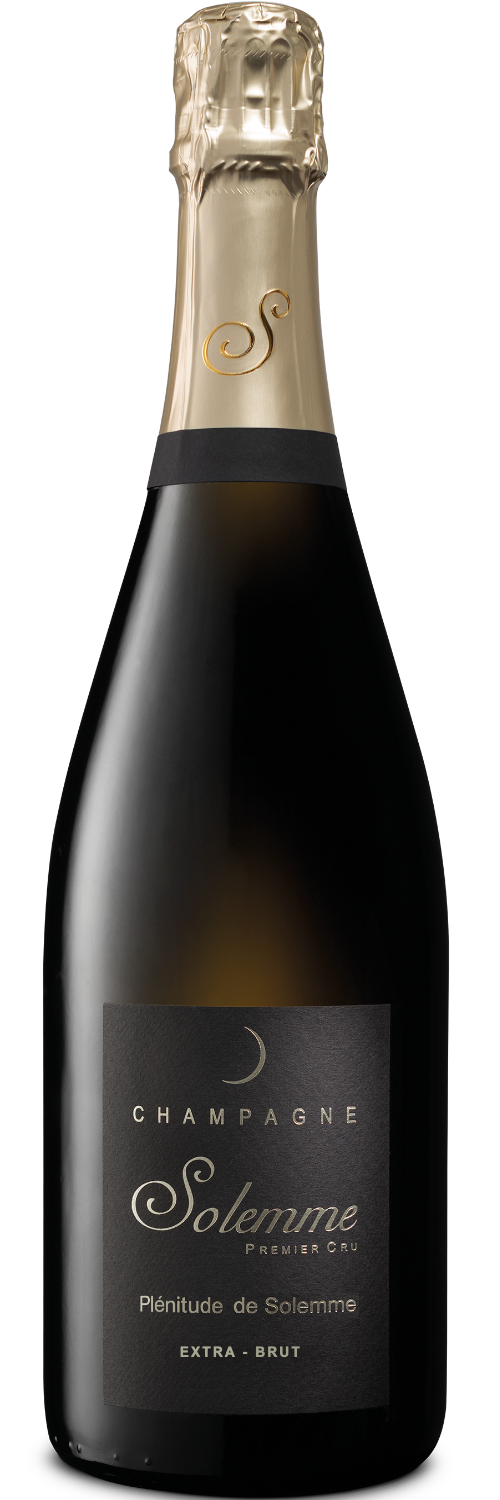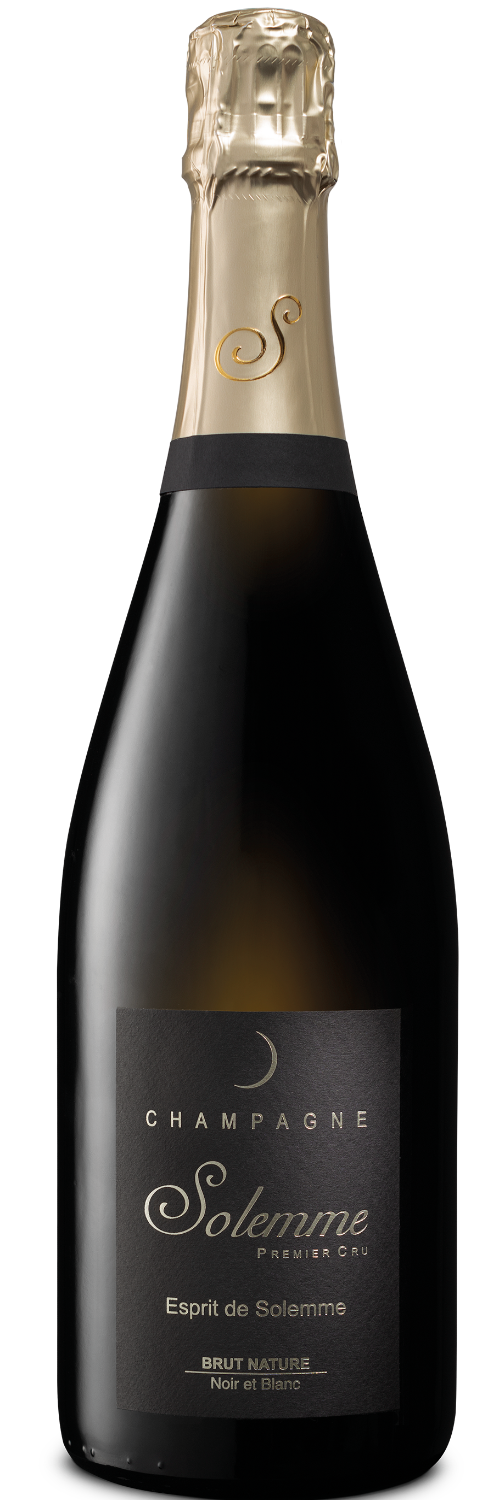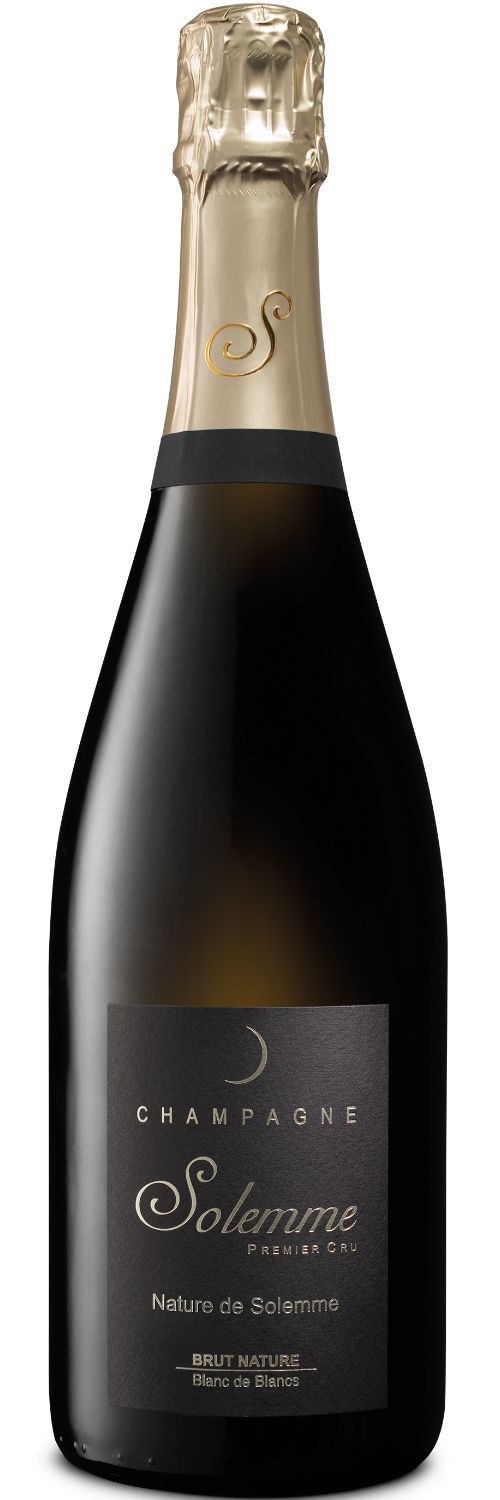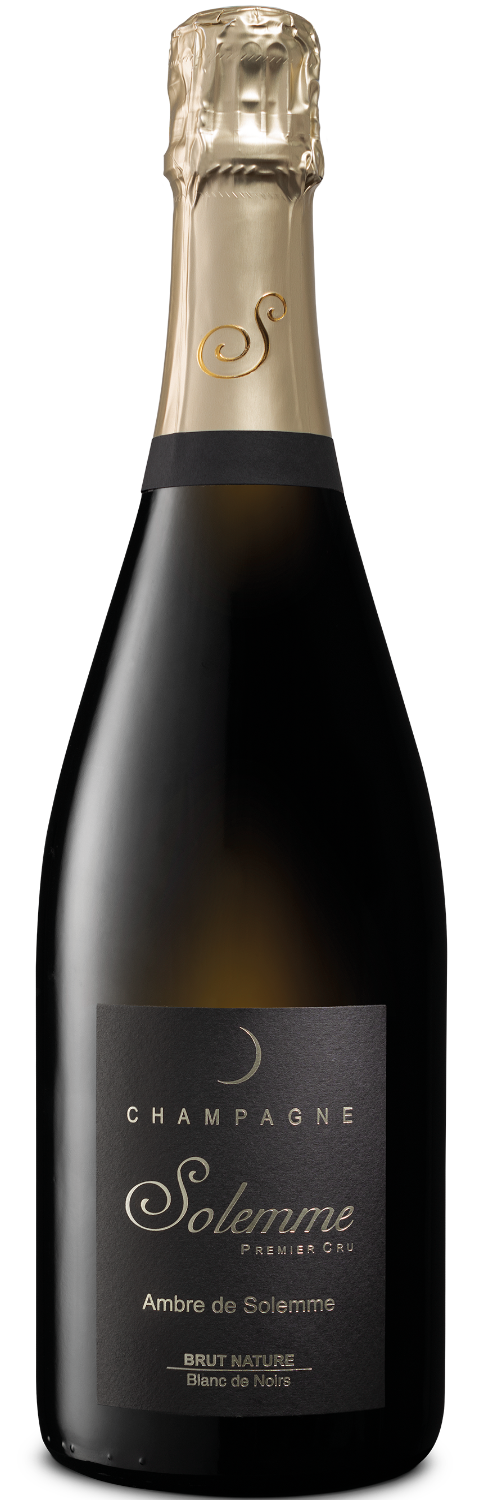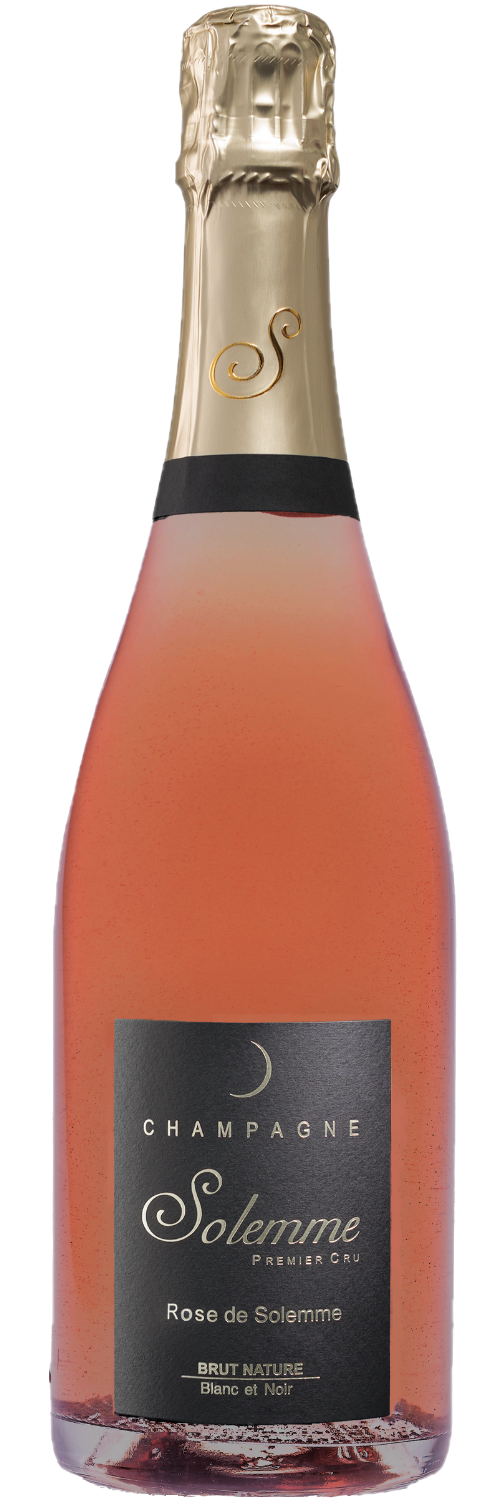Champagne Solemme consists of 4ha of Premier Cru vineyards, spread into 5 different terroirs of La Petite Montagne de Reims.
The geological composition of the soil (chalk, clay-limestone, silt and sand) and the parcel exposure (middle hillsides and plain) allow the grape varieties: Pinot Meunier, Chardonnay & Pinot Noir, to fully express their nature.
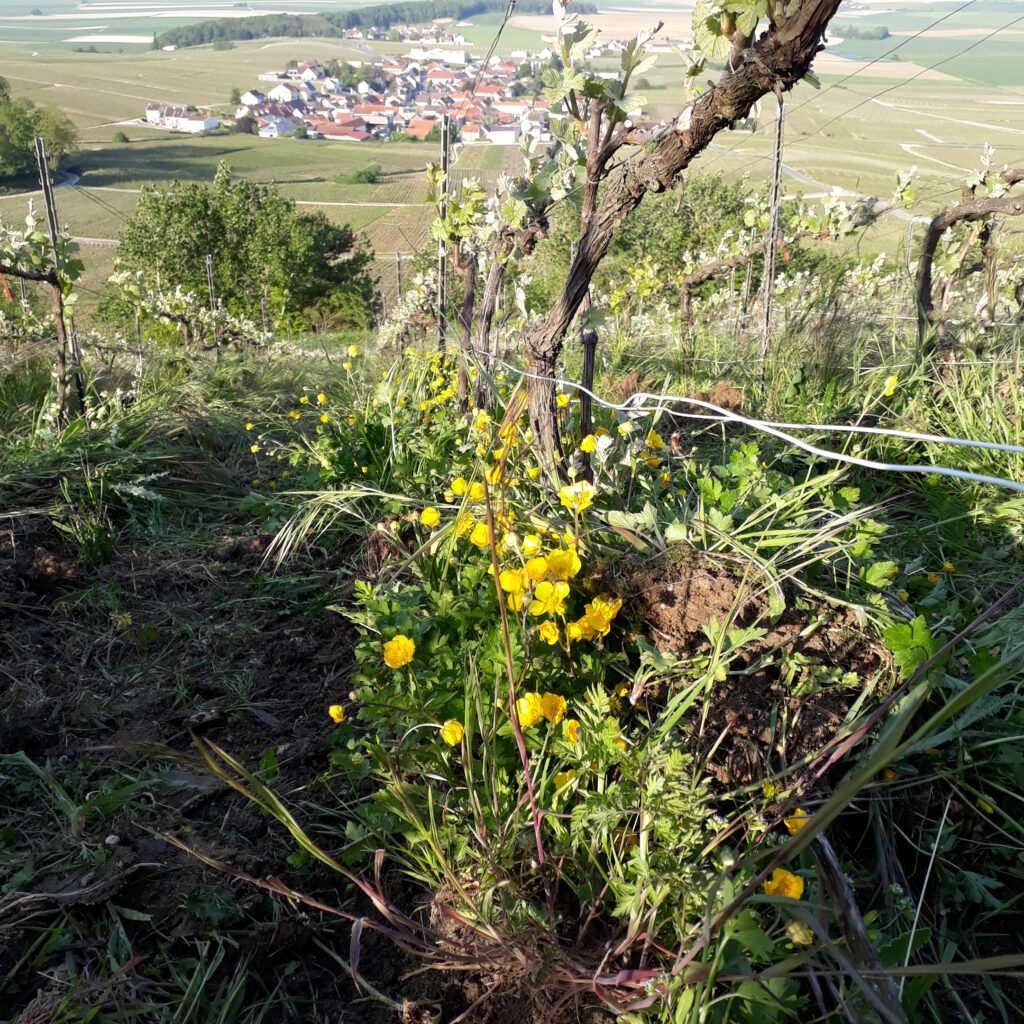
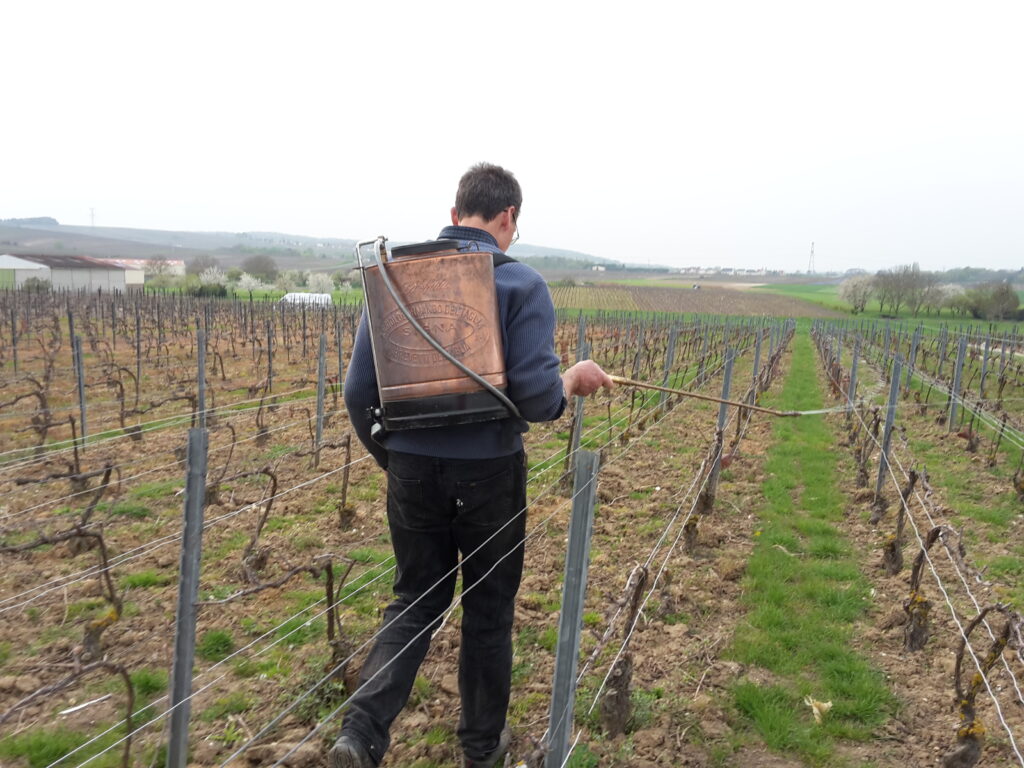
Sensitivity to the natural environment led Olivier to improve the vine culture towards organic methods since 2010.
He also use biodynamic preparations to boost the immune system of the vines and take into account the planetary and cosmic influence for the disgorgement of the bottles.
The range consists of 5 vintage Champagnes including a Blanc de Blancs, a Blanc de Noirs and a newly released rosé.
All wines are vinified the same way, without chaptalization, malolactic fermentation, tartaric stabilization nor filtration.
Finally, there are no sugar liquor addition after disgorgement to reveal the purity of the Champagnes.
